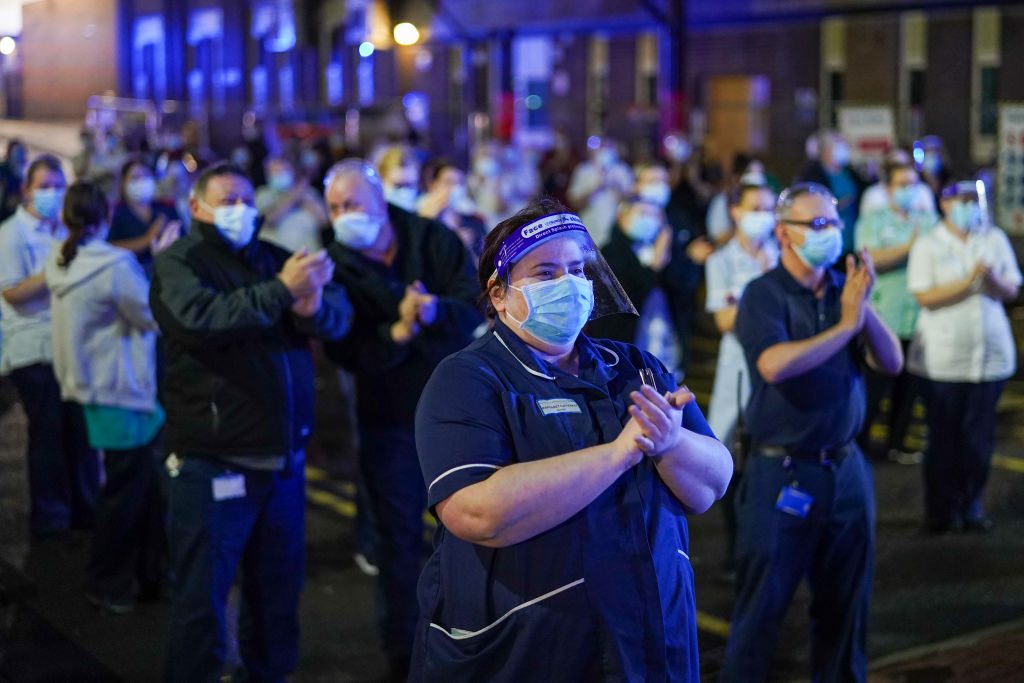The UK Covid Inquiry has reported. Baroness Hallett has descended the mountain, and carved upon her tablets of stone is a simple verdict: that this country did “too little, too late” in response to the early spread of the pandemic.
Her conclusion that the government under Boris Johnson didn’t do enough to stop the spread of the virus is, to put it mildly, questionable. It is, however, hardly surprising — and that speaks to a deeper problem with the way we conduct public inquiries in Britain.
They are not geared towards the swift and fearless pursuit of truth. If they were, they would be conducted behind closed doors, on the “black box” model made famous by the airline industry. Instead, they are political theatre. Specifically, in cases such as this, catharsis theatre: public, adversarial, extremely long, and even more expensive — this one cost £200 million.
Even if their existence and terms of reference were not decided by politicians — often the politicians whose actions they’re supposed to examine — this format would make them inevitably political. For example, Hallett opened the inquiry by acknowledging a vigil being held outside its doors; she was under exactly the same public pressure as were the ministers she was scrutinising.
It is therefore no surprise that we get the usual result. British policymaking circles are, in general, extremely bad at accepting any sort of rational cost-benefit calculation when hypothetical lives are at stake. An outstanding recent example is the imposition of new building regulations after the Grenfell fire, which the government’s own impact assessment (itself an underestimate) predicts will produce £2.7 billion of costs to net just £9 million in benefits.
But there is a deeper problem here: the Hallett inquiry is not merely serving up (at exorbitant time and expense) reheated political arguments from a few years ago — it is presenting them as non-political. Everything about a public inquiry is designed to give the impression of an impartial, almost judicial proceeding: the grilling of witnesses, the sparring KCs, the presiding (retired) judge.
The business of the courts is to make findings of fact. The judge, jury and duelling counsels are not there to decide what the law ought to be, at least, not if the system is working properly. The legal system is there to determine what the facts are in a particular case and how the law applies to those facts. In other words, to settle “is” questions, not “ought” questions, which are the proper domain of politics.
Yet this inquiry’s conclusion is making policy decisions — retrospective policy decisions, certainly, but they are policy decisions nonetheless. This far exceeds even the sort of quasi-political rulings often produced by judicial review; there at least the basis of the judgment is usually that the minister had failed to abide by some procedural requirement, however arcane and broadly interpreted. The Covid Inquiry is simply declaring how politicians ought to have decided political decisions.
Our system normally respects the is/ought divide, even if it confuses the public. When the ombudsman decided that the WASPI women were due compensation, for example, it was rightly left for the chancellor to decide whether to pay it or not. The ombudsman had considered the facts in isolation; the Government, responsible for raising the money and all its other areas of spending, had to decide if it was a good use of public money.
If even that case can lead to commentators arguing that the chancellor has no business ignoring an ombudsman — and it did — the public can be forgiven for assuming that an inquiry with all the trappings of a trial should be treated like a court.
But the Covid Inquiry was never a court, and its subject was something no court has any business deciding. Yet many will now assume that Hallett’s policy preferences (for that is what they are) constitute the objectively correct response to the crisis. That’s a dangerous mistake for a democracy to make, whether you agree with her or not.











Join the discussion
Join like minded readers that support our journalism by becoming a paid subscriber
To join the discussion in the comments, become a paid subscriber.
Join like minded readers that support our journalism, read unlimited articles and enjoy other subscriber-only benefits.
Subscribe